Rockstar turns 10: Notes on Ranbir Kapoor’s Jordan and his romance with angst
Imtiaz Ali’s Rockstar was anything but conventional. From storyline to its treatment, this musical saga was a brief masterclass in filmmaking.
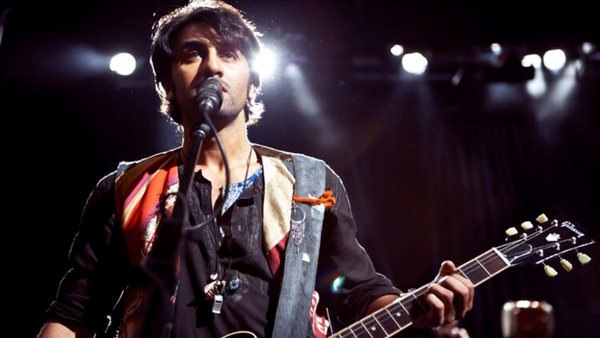
Last Updated: 01.48 PM, Nov 10, 2021
True to Imtiaz Ali’s brand of filmmaking, Rockstar (2011) was mostly a human story, with elements of emotional heft lacing the narrative. Ranbir Kapoor and then-debutante Nargis Fakhri had the slight weight of the film resting on their shoulders, especially since Ali had belted out two hits before that in 2007 (with his career-defining Jab We Met) and 2009 (Love Aaj Kal). Kapoor’s Janardhan Jakhad (aka Jordan) soon became a maverick character that critics said Kapoor had appropriately depicted on screen. The transition, subtle elements of social impropriety and above all, the abject angst that Jordan’s arc demanded were seamlessly embodied by Kapoor.
Jordan was arguably one of Kapoor’s most-dissected characters, with most critics touting it as a complex concoction of acting and instincts. But interestingly, Ali had a completely different mindset when etching Jordan. Describing the character as “non-cerebral”, Ali had once said that Jordan wasn’t meant to think – “he is pretty animalistic”. As a result, Kapoor’s character was devoid of what to ideally do or say and was always at loggerheads with the more conventional factions of his life (family, music producers, and often, even friends).
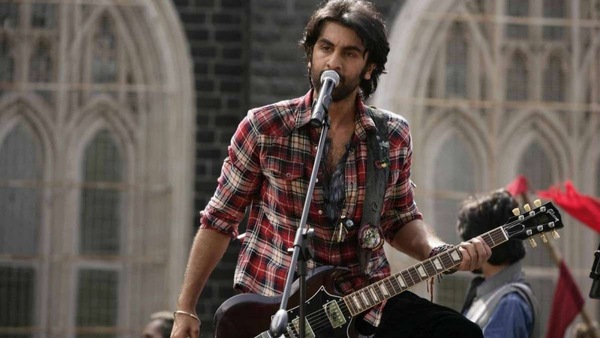
The director had once justified why his musically gifted scoundrel passionately sang ‘Sadda Haq, Aaithe Rakh’, when he had no business demanding social reforms. Many noticed how incongruent Jordan’s sudden socio-political ‘wokeness’ was. The filmmaker had answered these qualms with a simple “I don’t know.” According to him, the musician’s unidimensional concerns about his life was trigger enough for Jordan to suddenly become a voice of thousands; he cared so little that it became exceptionally easy for him to invest in something completely distanced from him. “Away.. Beyond the concepts of right-doing and wrong-doing, there is a field. I will meet you there,” Rumi’s pithy saying not only stitches Jordan’s unrealised love story, it becomes the driving principle for the narrative too.
The film’s name and its titular character hint at strong romantic drama elements, but it was a far cry from only love. Though a catalyst, the tumultuous love between Jordan and Heer (played by Fakhri) was never at the crux of Rockstar. The film was about Jordan’s quest for something more meaningful as a performer, his ultimate wish to become a true artist. Canteen-owner-turned-manager Khatara bhai (played by Kumud Mishra), ironically tells a naïve Janardhan — “Takleef nahi ho life mein to koi bada nahi banta hai,” (no one achieves greatness without hardships in life). And it promptly becomes an unprecedented albatross that Jordan is unable to disentangle. And almost in a Macbeth-esque fashion, he then hurtles towards his unmaking, aware of the poetic beauty in self-destruction with a lust for chaos driving all his moves.
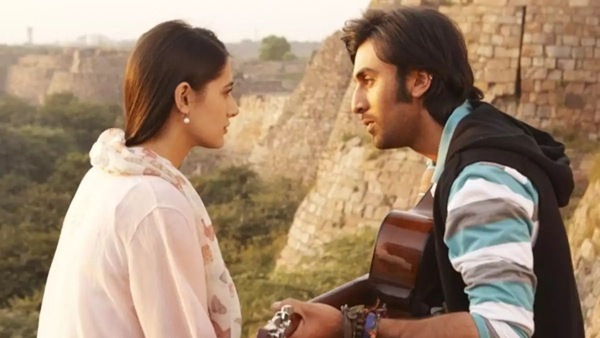
The one thing that most artists have always had in common are their stories of struggle and the acute need to survive it. From Avicii to Jim Morrison (also Jordan’s inspiration), the world of pure art is closely linked to that of suffering. Heer’s presence in the film, as recognised by a few critics, was simply of an enabler. As Fakhri stumbled through her heavy anglicised accent, Ali seemed to have omitted most of Heer’s agency to manoeuvre the narrative on her own terms. Ali, often criticised for placing his women in situations where they unwittingly exude characteristics of a saviour complex, did nothing different with Heer. Only, in this film, Fakhri’s unpretentious heroine was both the disease and the anodyne.
In retrospect, this element made Rockstar a heavy subject by its second half. Audience members resonated with Jordan’s growing sense of abandon as opposed to Heer’s deteriorating health and Ali’s formula of developing yet another oddball romance saga was a proverbial blockbuster hit. However, on close inspection, one might understand that Rockstar dealt with the romance quite poorly. It’s unknown whether Ali purposefully showcased Jordan’s growing obsession with Heer in a contrived light. Yet, Jordan’s discomfiting need to be consumed by her presence was too ubiquitous to ignore. Hence, Kapoor’s character became the hopeless lover and Fakhri’s became the (unwillingly) elusive muse.
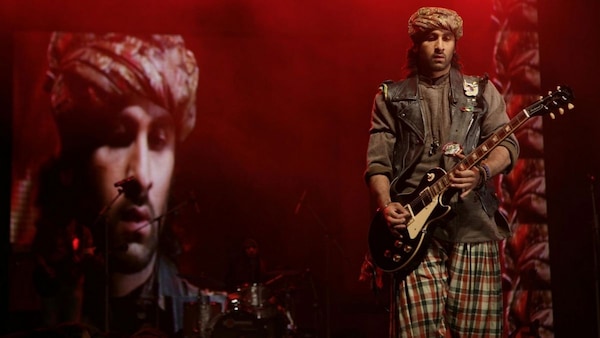
Kapoor’s effort behind Jordan was obvious. He had to shed his image of the silent, observing man and take on the more mercurial garb of an anxious performer. The actor even admitted that he wasn’t the first choice for the role. Kapoor ably slipped into the shoes of a village bum and etched his idiosyncrasies well enough for Janardhan’s bluntness to come through. In fact, Janardhan’s unpolished uncouthness was a more difficult portrayal as compared to Jordan’s erratic behaviour.
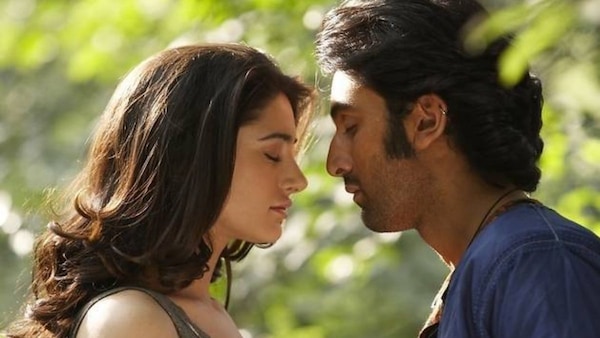
The runtime of the film, though stretched, was beautifully spaced out to showcase the different phases of Jordan’s evolution – from the unfettered free soul to the ever-troubled artiste in constant search of solace. The need for stasis is what drives Jordan into darker pits of distress and this tension, in turn, bolsters his art (music). Ali was successful in bringing out the toxicity in this vicious cycle, almost adding a footnote that the pattern was unstoppable.
Rockstar was everything experimental, but with AR Rahman’s soul-stirring tracks, it became a cinematic tableau that spoke of unfulfilled love and devotion to one’s art. As Rahman produced one score after another for the film (Kapoor reportedly was present for the recording sessions), it became evident that Jordan’s artistic voice was finding a solid footing. The gradual descent-into-darkness arc was aptly highlighted by how Jordan’s music transformed from happy, rhythmic tracks (‘Katiya Karoon’ or ‘Hawa Hawa’) to more disconcerting ones that evoke a sense of unease (‘Sadda Haq’ or ‘Naadaan Parinde’).
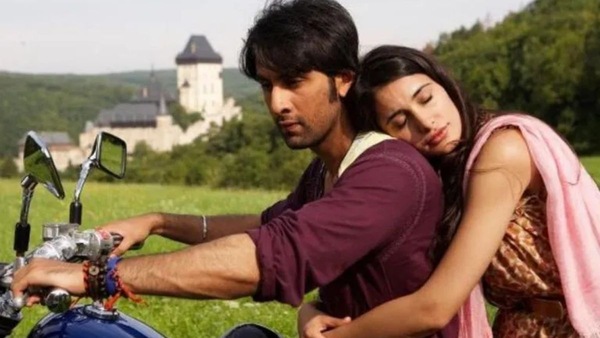
Rockstar may not have generated the big box office numbers, but it was a crucial film in Kapoor’s filmography. Especially since it was completely unpretentious and without the formulaic dose of Bollywood tropes.

 Premium
Premium